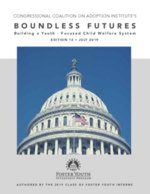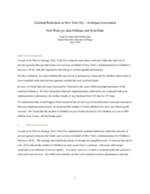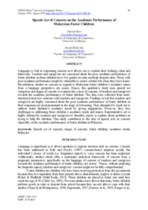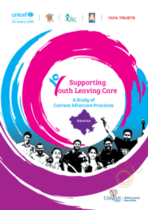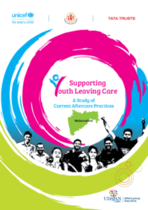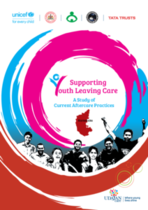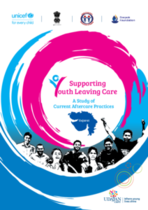Boundless Futures: Building a Youth - Focused Child Welfare System
This report presents policy recommendations to improve the U.S. child welfare system, made by young adult interns who participated in the Foster Youth Internship Program® (FYI), "a highly esteemed congressional internship for young adults who have spent their formative years in U.S. foster care."

